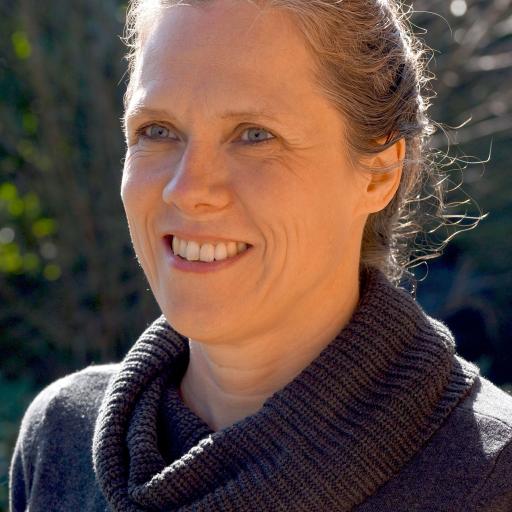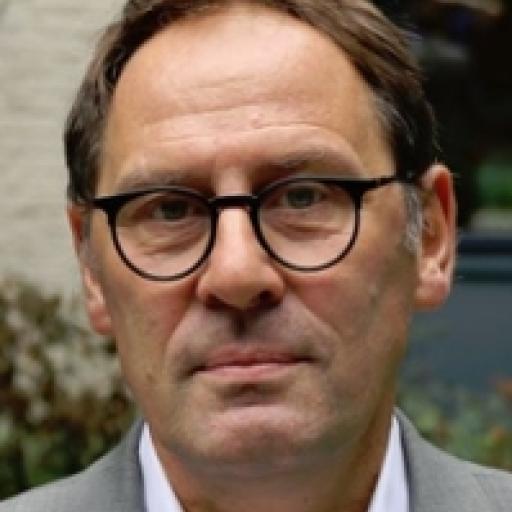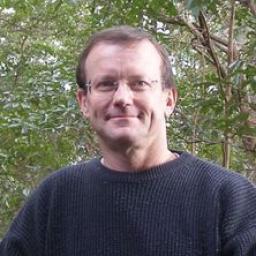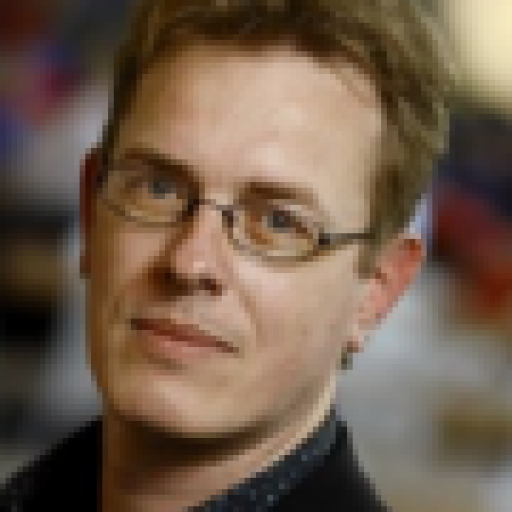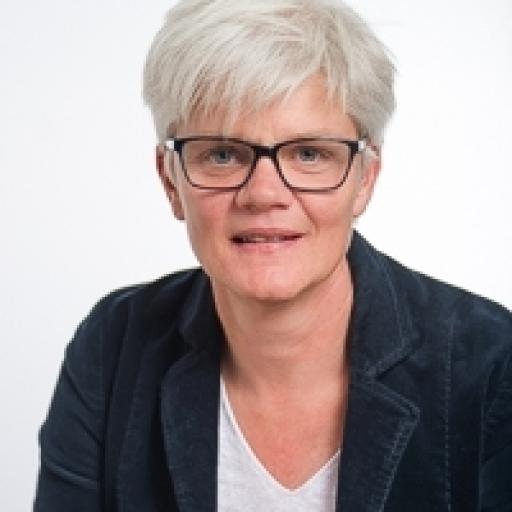Humans have long shaped their environment in response to water: from drainage and drinking to defense against flooding and to waterways for shipping, water is a core aspect of heritage structures and narratives in cities and landscapes. In the coming decades, the impact of climate change will threaten existing heritage on coast lines, low-lying delta cities and rural areas as well as irrigation systems and water supplies around the world. Focusing on low-lying deltas, the cities and rural areas placed in them we argue that a comprehensive and interconnected approach to historical research, policy-making, education and outreach is necessary to develop sustainable adaptation strategies for water-related heritage. Such an approach requires novel theoretical, methodological and conceptual approaches as well as instruments that acknowledge the inseparability of natural and cultural heritage, the interconnection of spatial and conceptual aspects of heritage, and the importance of water related heritage for the future including the UN Sustainable Development Goals (SDGs). They also require new policy, education, and outreach tools.
The Centre for Global Heritage and Development together with ICOMOS Netherlands cooperate in the collection and presentation of scientific evidence, and the development of policy relevant documentation and awareness raising materials in the project “Water and Heritage for the Future”. This initiative is to stress both within ICOMOS, IUCN, ICOM and other heritage institutions, as well with water management related organizations the relevance of water related cultural and natural heritage for the future. On the 25th of November at the TU-Delft, participants will establish the scientific concepts and evidence from examples from around the world of traditional water heritage icons (material, conceptual and spiritual), still existing today and as beacons for the future. On the 26th of November in Fort Vechten, Utrecht, participants will build upon the outcomes of the fist day (Science Day) and discuss the modes to present and role out the scientific outcomes into policy development, public awareness raising and education.
Location
TU-Delft, Science Centre, College Room
Program
9h30 – 10h00
Arrival and coffee
10h00 – 10h15
Welcome by:
– Prof.Ing.Dr. Carola Hein, TU Delft
– Jhr.Ir. Diederik Six, President of ICOMOS-NL
– Prof.Dr. Jan Kolen, Chair of the Centre for Global Heritage Development
10h15 – 10h30
The initiative “Water and Heritage for the Future”
Ir. Henk van Schaik, ICOMOS-NL Water Ambassador
10h30 – 10h40
Heritage and Water within the “Shared Cultural Heritage” policy of the Netherlands government
Drs. Hanna Pennock, Ministry of Education, Culture and Sciences (Netherlands)
10h40 – 12h15
Scoping Water Heritage for the Future:
Perspectives on Water & Heritage for the future: Setting the Stage
Moderated discussion on conceptually ‘framing’ the relevance of water and heritage for the future
Moderator:
Dr. Linde Egberts, Faculty of Humanities, VU (Amsterdam)
1. Relevance of water heritage for the future
Prof. Dr. Ian Lilley, Willem Willems Chair, Leiden University
2. The hydro-biography: a critical historical perspective on waterscapes as a tool for planning and design
Prof.Ir. Eric Luiten, Dept. Landscape Architecture, TU Delft, and State Advisor for Land & Water
3. Responses on the presentations
Prof.Ing.Dr. Carola Hein Arch., TU Delft, Prof.Dr. Jan Kolen, Leiden University, and Prof.Dr. Michiel Korthals, Wageningen University
Assignments for the Round Tables after lunch
12h15 – 13h45
Lunch at the Botanical Garden, Delft
13h45 – 15h45
Afternoon Roundtables (Faculty of Architecture, Rooms X, Y, Z, P, R, U)
Participants in the five round tables will work out the scope of the theme water and heritage (including the material, conceptual and spiritual dimensions), discuss cases and develop a publication agenda
Leads from the Centre for Global Heritage Development will chair the five working group. They will prepare proposals for publications (scientific and policy oriented) and prepare summaries for the second day.
1. Coastal landscapes
Lead: Dr. Linde Egberts (VU Amsterdam)
2. Ports and waterfronts
Lead: Prof. Dr.Ir. Carola Hein (TU Delft) and Prof.Dr. Tom Daamen (TU Delft)
3. Urban centers and cities
Lead: Dr. Reinout Rutte (TU Delft)
4. Drainage and Irrigation Landscapes
Lead: Dr. Steffen Nijhuis (TU Delft) and Dr.Ir. Maurits Ertsen (IWHA)
5. Architecture and Utilities
Lead: Dr. Sabine Luning (Universiteit Leiden)
15h45 – 17h00
Presentation by leads on the outcomes of the Working Groups (Faculty of Architecture, Room A)
Focus on:
– Bridging natural and cultural heritage
– Water, spaces and identity narratives
– Heritage and sustainability
– Material, conceptual and spiritual interconnectedness.
After closing-up this first day’s program, the Leads shall consider the relevance of the outcomes for policy makers, education, and outreach.
Please note that the above program may still be subject to change. Please check the website of ICOMOS-NL for the final program.
You can participate free of charge. Register here before 20th November 2016 and you will receive a free ticket. You are kindly requested to indicate the working group which you intend to join during the afternoon session.
For the next day, Saturday 26th November 2016 in Fort Vechten (Utrecht), you will find information here.

